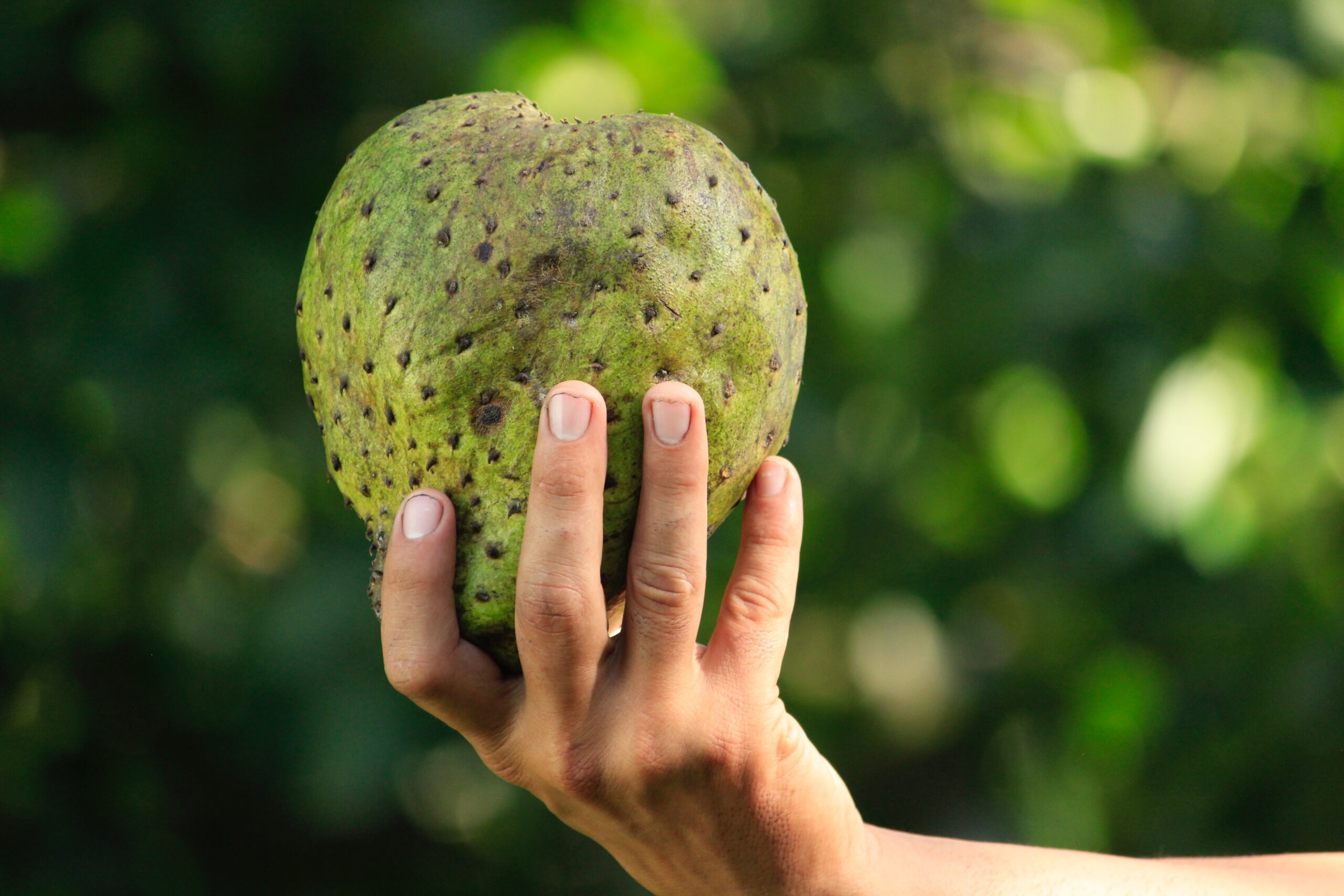Why is Soursop Illegal? Uncovering the Reasons Behind Soursop’s Banned Status
Image source: Pexels
Have you ever heard of soursop? It’s a tropical fruit that is popular in many countries, often eaten raw or used to make tea. Soursop is also known for its medicinal properties, with many cultures using it as a natural remedy for various health conditions. But despite its popularity, soursop is actually illegal in some countries. So, what’s the reason behind soursop’s banned status? Let’s find out.
The History and Cultivation of Soursop
Soursop is a fruit that is native to Central and South America and the Caribbean. Its scientific name is Annona muricata, and it belongs to the same family as the pawpaw and cherimoya. Soursop trees can grow up to 30 feet tall and produce fruit that can weigh up to 15 pounds. Soursop fruit has a green, spiky exterior and a white, creamy interior with black seeds.
Soursop has been used in traditional medicine for centuries, with many cultures using it to treat ailments like fever, diarrhea, cough, and inflammation. But in recent years, soursop has gained attention for its potential anti-cancer properties.
The Health Benefits of Soursop
Soursop contains several beneficial compounds and antioxidants, which may help improve your overall health. Here are some of the top health benefits of soursop:
1. Rich in Vitamin C
Soursop is a great source of vitamin C, which can help boost your immune system and protect against illness.
2. Anti-inflammatory Properties
Soursop may have anti-inflammatory properties, meaning it could potentially help reduce inflammation in the body.
3. Improved Gut Health
Soursop contains probiotics that can help promote a healthy digestive system.
4. Anti-Cancer Properties
There is some evidence to suggest that soursop may help fight cancer cells, though more research is needed in this area.
Why is Soursop Illegal in Some Countries?
Despite its many health benefits, soursop is illegal in some parts of the world. One reason for this is because soursop seeds contain a toxic substance called annonacin, which can have harmful effects on the body if consumed in large quantities. In addition, soursop has been known to interact with certain medications, particularly those used to treat high blood pressure. If consumed alongside these medications, soursop can cause dangerously low blood pressure levels, which can be life-threatening.
Finally, soursop is sometimes banned due to concerns about its potential to spread diseases. It is thought that the fruit can carry harmful pests that could have a negative impact on local ecosystems.
Soursop Tea: A Healthy Alternative
If you’re still intrigued by the health benefits of soursop, fear not! Soursop tea is a healthy and legal way to enjoy the many benefits of this tropical fruit.
How to Make Soursop Tea
To make soursop tea, simply steep soursop leaves in hot water for a few minutes and let the tea cool before drinking. Soursop tea is caffeine-free and has a sweet and tangy flavor, making it a refreshing drink on hot summer days.
Soursop Tea Benefits
Soursop tea has many of the same health benefits as soursop fruit, including its anti-inflammatory and anti-cancer properties. It may also improve sleep, reduce stress and anxiety, and improve skin health.
Soursop Tea Side Effects
While soursop tea is generally considered safe to consume, it can have some side effects, particularly if consumed in large quantities. Side effects may include nausea, dizziness, and vomiting.
Conclusion
The reasons for why soursop is illegal are complex, but it’s clear that the fruit has many potential health benefits. If you’re interested in trying soursop, consider trying soursop tea instead, which is legal and still contains many of the same health-boosting properties.
I hope this updated version meets your requirements. Let me know if you need any further assistance!





0